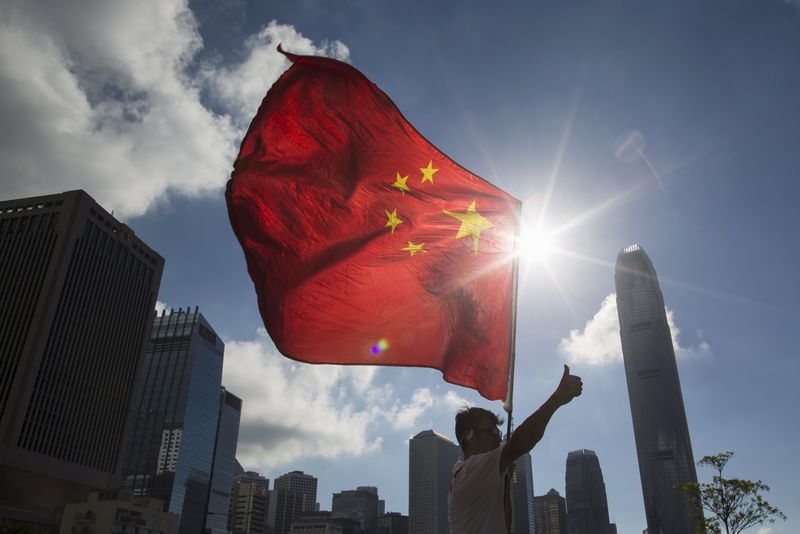(Adds Pentagon comment)
By Tom Westbrook
SYDNEY, Sept 1 (Reuters) - A senior U.S. soldier said on Thursday Australia must choose between a stronger U.S. alliance or closer ties with China, and urged Canberra to take a tougher stance against Chinese claims in the South China Sea.
The Pentagon, however, disputed the statement by U.S. Army Assistant Chief of Staff Colonel Tom Hanson, saying it did not represent the position of the U.S. government.
"I think the Australians need to make a choice ... it's very difficult to walk this fine line between balancing the alliance with the United States and the economic engagement with China," Hanson said on Australian Broadcasting Corp. Radio.
"There's going to have to be a decision as to which one is more of a vital national interest for Australia," he said. Hanson said the comments reflected his personal view and were not necessarily that of the U.S. government.
A Pentagon spokesman said that Hanson was expressing his "personal view."
"The idea that Australia, or any country, needs to choose between its longstanding ties to the United States and its emerging links with China presents a false choice," U.S. Navy Commander Gary Ross, a Pentagon spokesman, said in a statement. "Australia has strong, multifaceted ties with its Pacific neighbors, including China, just as we seek the same."
Hanson's comments follow the publication of a parliamentary booklet warning Australian lawmakers to treat Chinese motives in the region with caution. a staunch U.S. ally, has previously drawn criticism from China for running surveillance flights over disputed islands in the South China Sea, and supporting U.S. freedom of navigation exercises there. Australia has not conducted a unilateral freedom of navigation voyage of its own.
"Clearly China believes that they have an opportunity and they feel empowered to flout that, and a demonstration by Australia would be welcome," Hanson said.
Australian Foreign Minister Julie Bishop said in response to Hanson's comments that the U.S. role in the Indo-Pacific region was as important now as it had ever been.
"We are balancing relationships between our largest strategic ally and our largest trading partner with deft diplomacy, consistency and pragmatism," Bishop said in a statement.
China is Australia's biggest trading partner and a large source of foreign investment, spending $11.1 billion on Australian assets, mostly property, in 2015, accounting and advisory firm KPMG and the University of Sydney have said.
